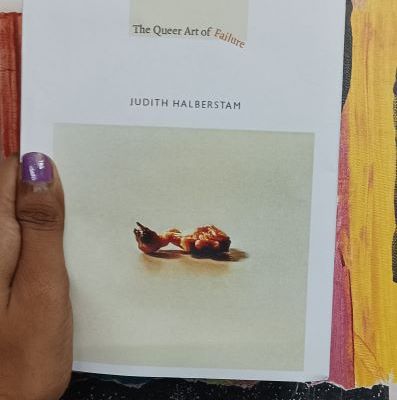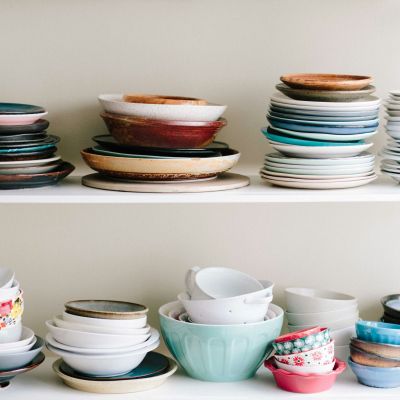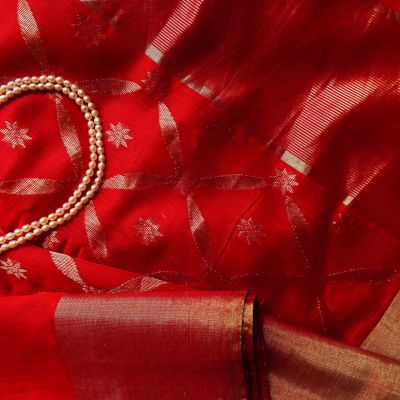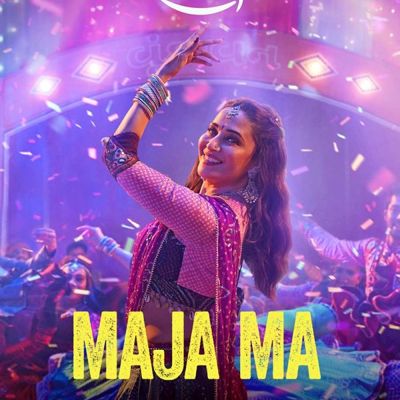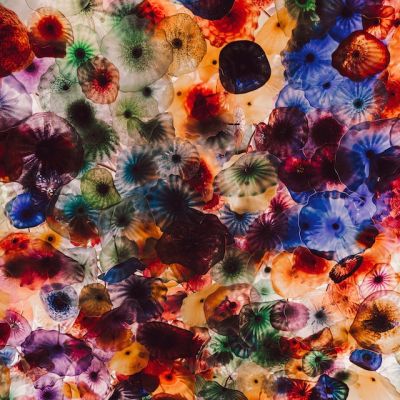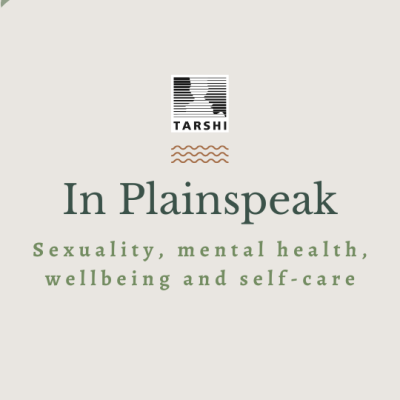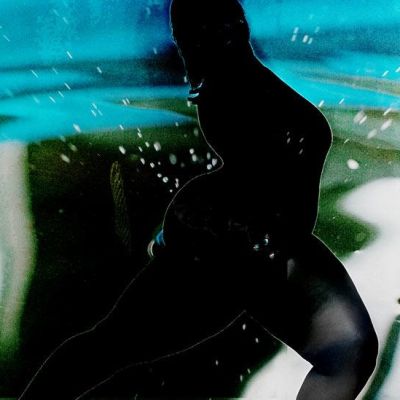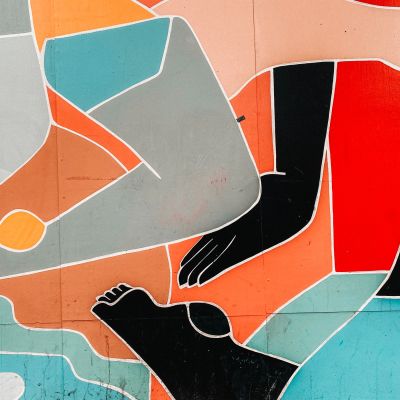heteronormativity
Marriage also feels complicated when one approaches it through the lens of feminism. Marriage throws in two people and often their families into a system designed to perpetuate patriarchy, subjugate women, and bind men and women (in heteronormative marriage) into strict roles in the marriage.
In a world where queerness is looked at as failure, The Queer Art of Failure allows for many possibilities to make sense of these failures.
“A woman’s place is in the kitchen.” Most of us born in female-designated bodies, in a country like India, have…
उनकी सेक्सी कहानियों में आनंद और फैंटसी का चित्रण पूरी तरह औरतों की इच्छाओं पर केंद्रित हैं।
There’s a difference between ‘laughing with’ and ‘laughing at’. The above instance was obviously of the latter kind. Humour has a complex but integral relationship with queer genders and sexualities, and it has been evolving over time.
Drag is more than a form of entertainment or art form or a form of comedic release, it’s the realization of the fun of being queer or having a queer perspective.
This reconciliation between Pallavi’s public (seemingly) heterosexual and closeted lesbian identities points to a distinctly Indian way of avoiding polarities through a new social arrangement where both identities are allowed the space to flourish.
Queering transcends the confines of symmetry and is a way of looking, of breaking established meaning, of making new meaning, and of being and becoming that offers us the promise of fluidity, flux and freedom.
In a world where queerness is looked at as failure, The Queer Art of Failure allows for many possibilities to make sense of these failures.
The In Plainspeak team decided to time travel and re-discover previously published articles that explore the multiple ways in which people find joy and pleasure in their sexualities.
Every part of life, the world too, is storied. Stories are the thread that hold histories and truths together. Stories are at the core of myth-making. Everything that we know is part of multiple crisscrossing relational storylines that we raise and those that we have no power in raising.
Marriage also feels complicated when one approaches it through the lens of feminism. Marriage throws in two people and often their families into a system designed to perpetuate patriarchy, subjugate women, and bind men and women (in heteronormative marriage) into strict roles in the marriage.
If we are to reimagine coupledom and sexuality, we need to expand and challenge our ideas about togetherness, romance, love, intimacy, desire, sex, attachment, and so on.
I wanted to be one of those people who decide to never date again and actually follow through. Indeed, I decided that a lot. A resolution that was broken so many times that it became a running joke in my head.


